

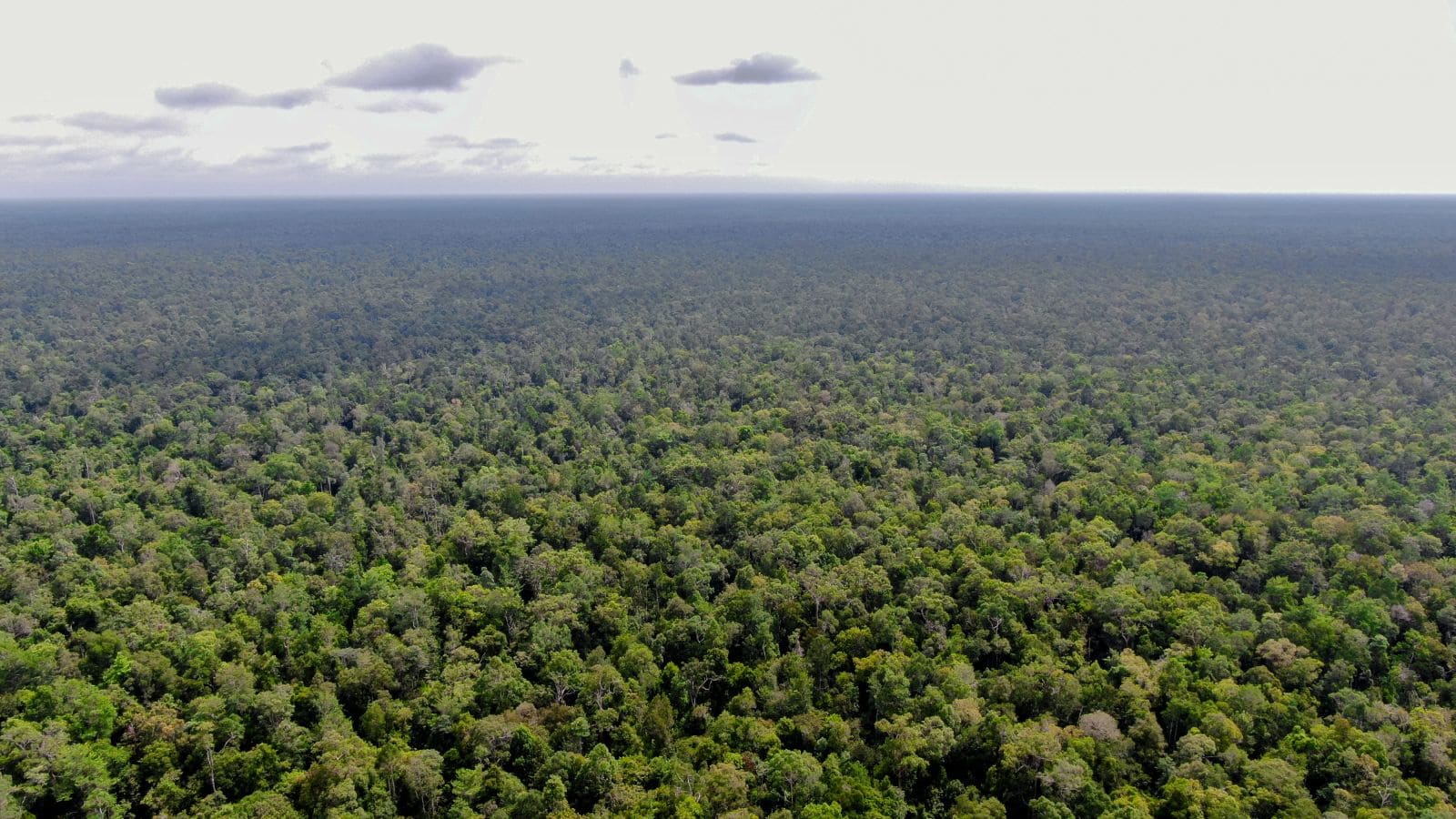
Prevention of GHG emissions that would have been generated through the planned forest clearance and conversion of the area to industrial acacia plantations



At its heart, the Katingan Mentaya Project is helping to mitigate climate change by preventing greenhouse gas emissions (GHG) from deforestation, degradation, and drainage of a vast area of tropical peat swamp forest.
The project delivers credible GHG emission reductions through avoided deforestation and forest degradation, whilst preventing peat drainage, oxidation, and fires. By doing this, the project aims to enhance ecological values at the landscape scale through ecosystem restoration, including replanting degraded areas and rewetting drained peatland.
Through the role of Monitoring, Reporting and Verification (MRV), the KMP undergoes a rigorous process of managing the measurement of the project’s biomass/carbon, biodiversity and social performance as a basis for continuous improvements to management and compliance with the requirements of certification bodies.
The project partners use the latest technology available and combine remote sensing techniques with ground-based monitoring. The project adheres to the strict guidelines of the VCS, CCB and Climate Action Reserve and one hundred percent of our carbon offsets are verified against broadly accepted standards by independent third-party verifiers. The KMP is triple gold certified ensuring the social co-benefits and safeguards of the project are to the highest standard.
Triple gold credits - equivalent to taking 2 million cars off the road

Planted since 2016 in community-based tree nurseries

Trees have been planted and maintained since 2015

People involved in awareness programs and focus group discussions on forest fire prevention
Communities are actively involved in forest protection activities
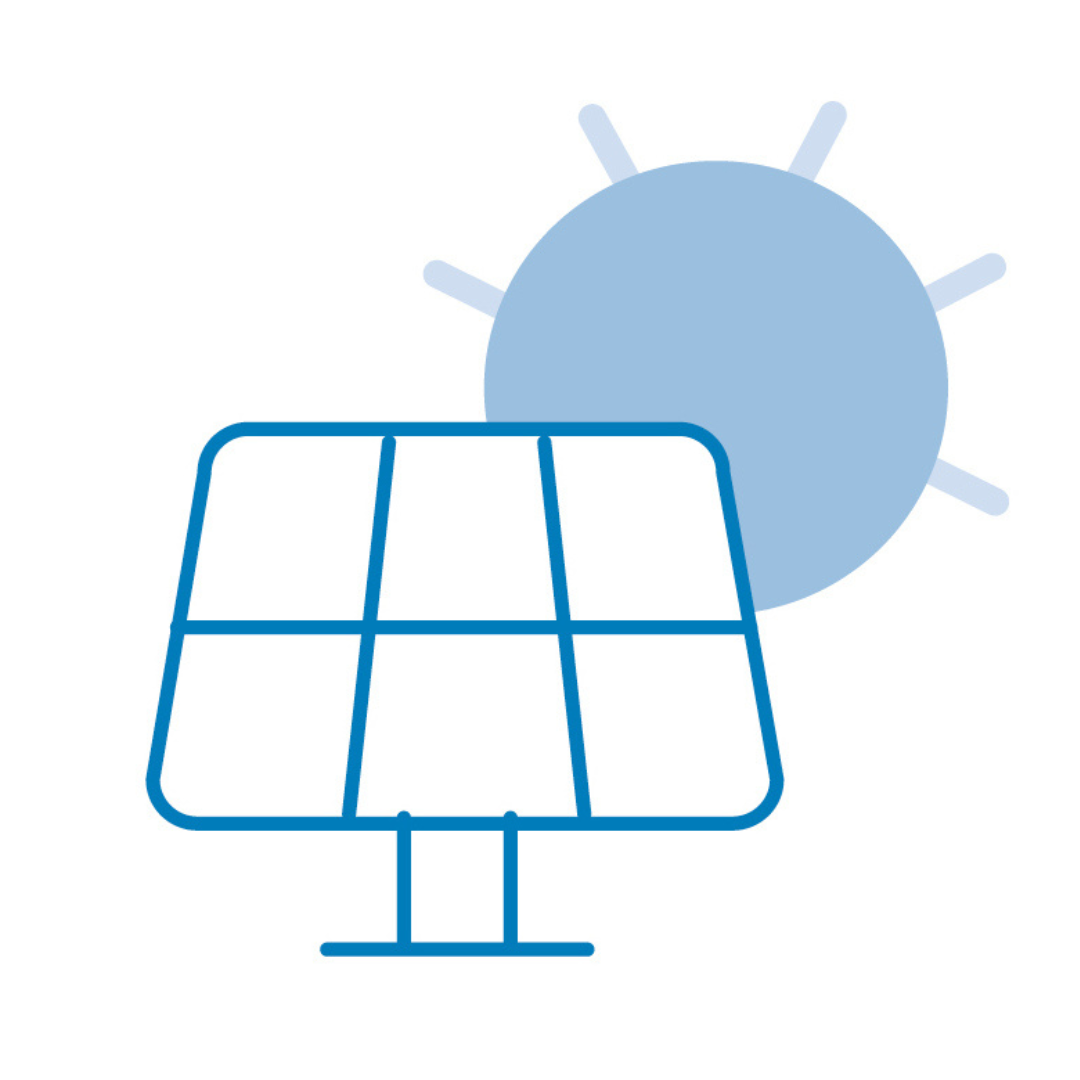
Planning and design to support productive activities


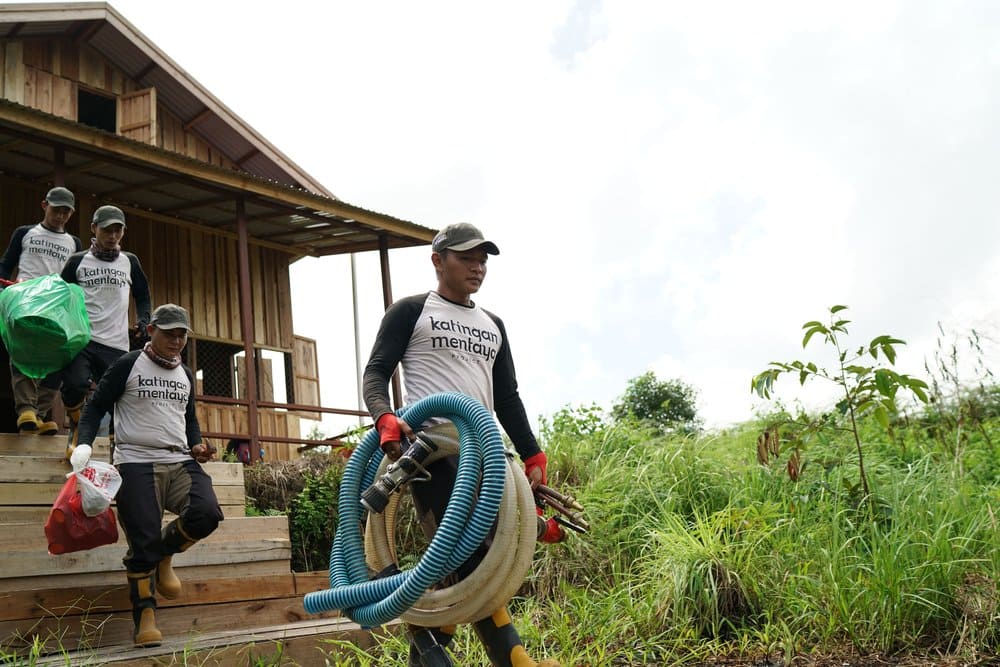
A key environmental disaster is forest and land fires, that will potentially disrupt economic activities and impair public health. An important part of the project’s fire prevention approach is to develop firefighting teams (Regu Siaga Api or RSA ) staffed by local community members and provision of fire extinguishing equipment and training. Every village is authorised to carry out forest and land fire prevention because environmental disasters may hinder the village economic and social resilience.
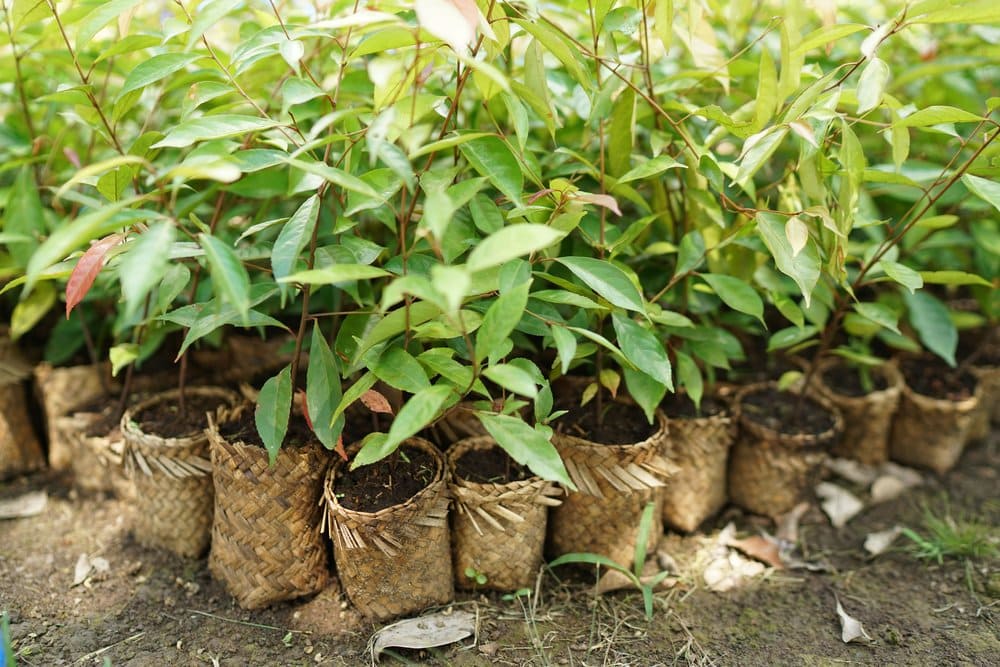
Restoration of degraded forests is a central feature of the Katingan Mentaya Project’s ecosystem management strategy. The project has so far actively restored vegetation in severely damaged ecosystems within the project area covering more than 9,299 hectares of land. Every year it replants native trees on an average of 200 hectares of land.
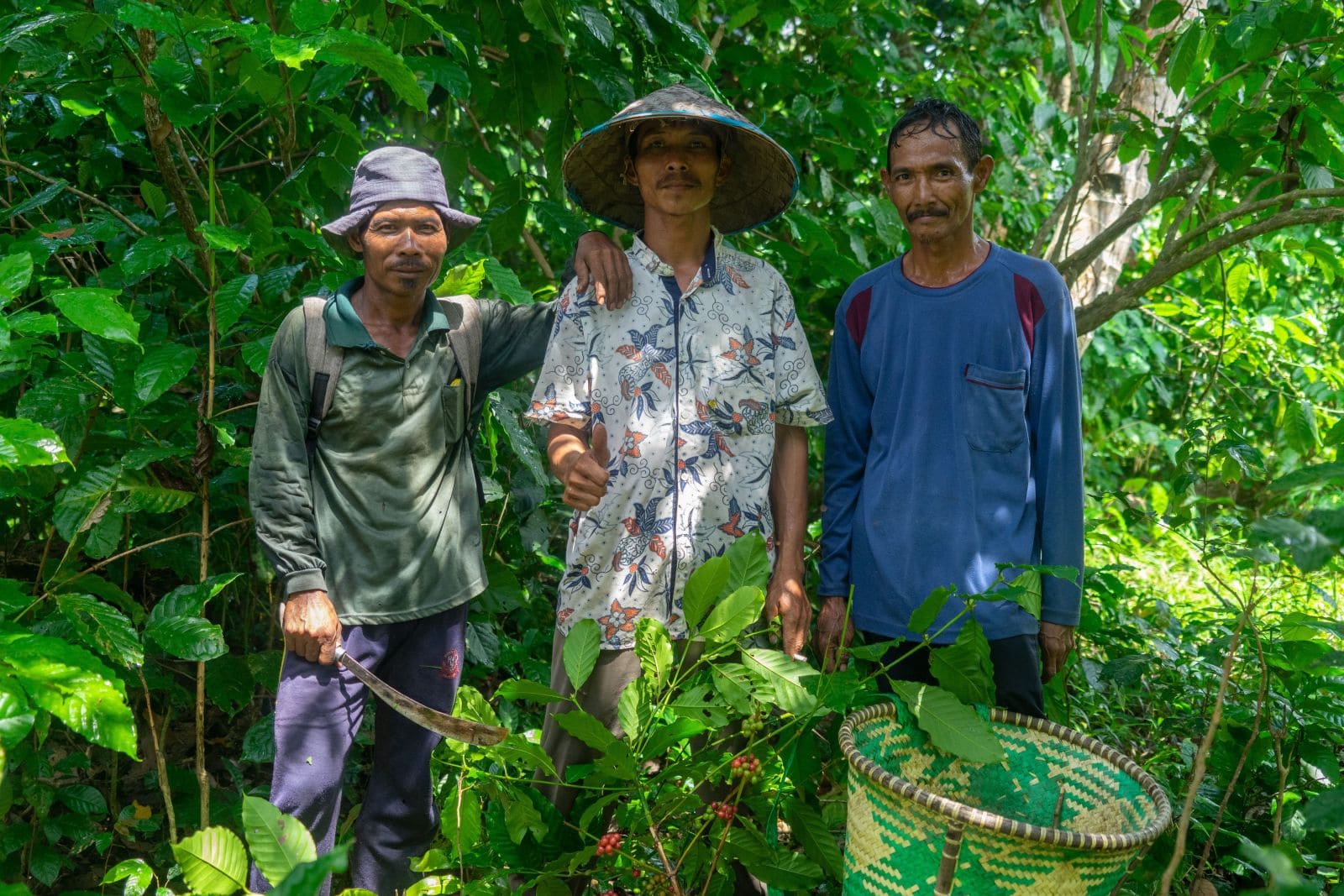
The KMP social management program with the Bamadu Village Farmers Group, which has been running for more than three years, has positively impacted the welfare of its 65 members. Each member of the farmer group planted forest wood seedlings such as blangeran, jelutung, and pantung in their respective fields. Rajali, a member of the Farmers Group, admitted that since participating in this social management activity, he and other members of the farmer group have been able to experience many benefits.
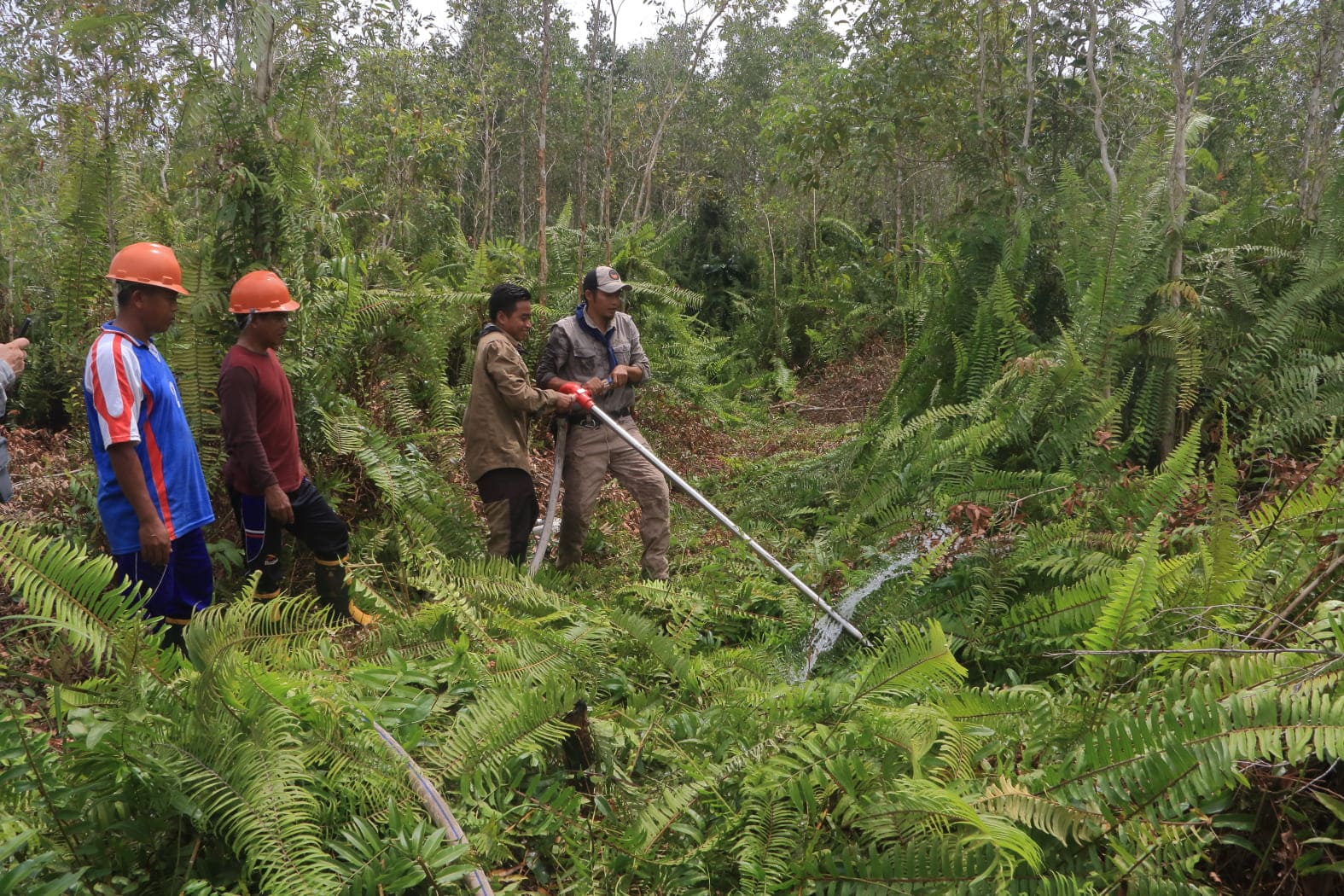
Peat rewetting, especially the blocking of manmade canals, is an important restoration technique. Peat retains its carbon content best when fully saturated. If allowed to drain and dry out, oxidation begins which causes emissions. 00 full blockages and 18 spillways Protection against the creation of any new drainage and loss of peat soil by maintaining and replanting tree vegetation in non-forest areas


Climate change is a global challenge that requires global action. We can help you meet your commitments to deliver a brighter future.